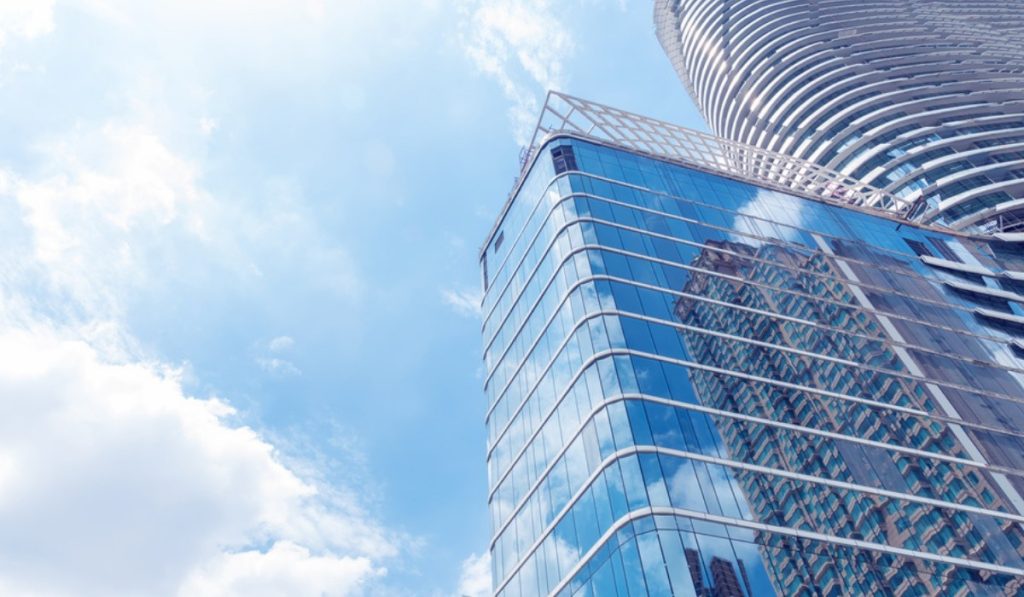
Artificial glass materials are synthetic alternatives to traditional glass that offer unique advantages for commercial properties, such as increased durability, energy efficiency, security, and design flexibility. These materials can be used in various applications, including windows, facades, partitions, and signage. Here’s a closer look at some of the most popular artificial glass materials used in commercial properties:
1. Acrylic (PMMA – Polymethyl Methacrylate)
- Features:
- Transparent and highly durable
- Resistant to impact and shattering
- Lightweight and can be molded into different shapes
- Advantages for Commercial Properties:
- Offers the clarity of glass but is safer and more shatter-resistant.
- Commonly used in areas like office partitions, signage, and display cases.
- Easier to handle and install compared to traditional glass.
2. Polycarbonate
- Features:
- Exceptionally strong and impact-resistant
- Transparent or available in various finishes
- UV resistant and energy-efficient
- Advantages for Commercial Properties:
- Provides high-level security due to its strength and resistance to breakage.
- Frequently used for windows, skylights, and facades in high-security areas.
- It helps in improving energy efficiency by reducing heat gain or loss.
3. Glass Reinforced Plastic (GRP)
- Features:
- Composite material made from glass fibers and resin
- Lightweight, strong, and resistant to weather and corrosion
- Can be molded into complex shapes
- Advantages for Commercial Properties:
- Often used for external cladding, facades, and architectural features.
- Offers a longer lifespan than traditional glass due to its weather resistance.
- Cost-effective and easy to install for large-scale projects.
4. Smart Glass (Electrochromic Glass)
- Features:
- Glass that can change opacity or color when an electrical charge is applied
- Provides control over light, glare, and heat entering a building
- Advantages for Commercial Properties:
- Helps in energy efficiency by reducing the need for air conditioning or heating.
- Ideal for office buildings or conference rooms where privacy and light control are required.
- Offers a modern, high-tech aesthetic with customizable features for windows and facades.
5. Laminated Glass
- Features:
- Consists of two or more layers of glass bonded together with a plastic interlayer
- Offers enhanced strength, sound insulation, and security
- Advantages for Commercial Properties:
- More secure than traditional glass as it prevents shattering and holds together if broken.
- Provides noise reduction, making it ideal for office buildings or commercial spaces.
- Commonly used in storefronts, windows, and doors to increase security and impact resistance.
6. Tempered Glass
- Features:
- Glass that has been heat-treated to be stronger and resistant to breakage
- Breaks into small, rounded pieces when shattered, making it safer than standard glass




Leave a Reply